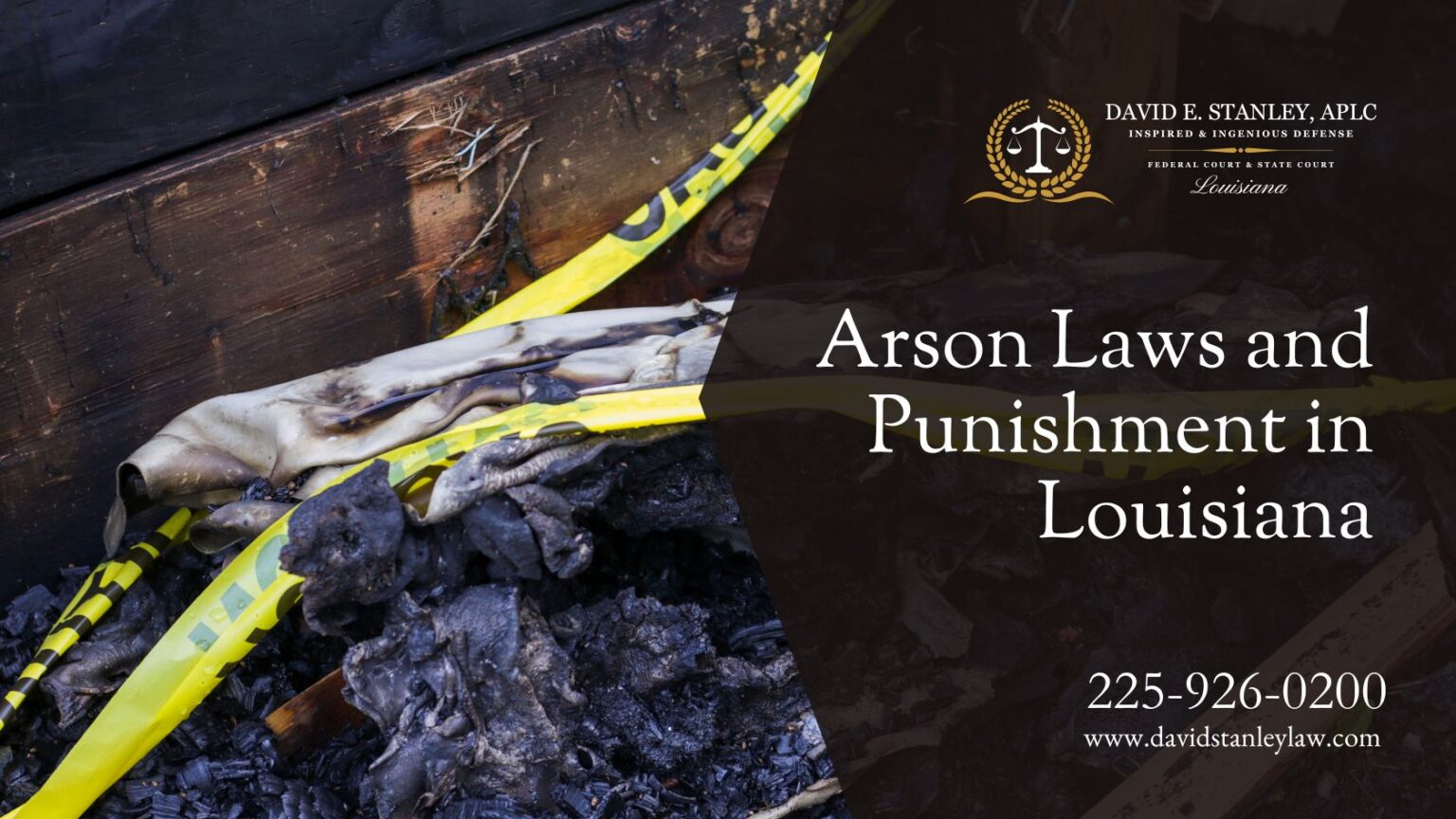
Arson Defense Attorney in Louisiana - David E. Stanley, APLC
Table of Contents
ToggleArson-related charges are a very severe matter. Therefore, anyone accused of starting a fire should immediately contact a qualified criminal defense lawyer. Your attorney will be able to help you through the criminal justice system, advise you on potential plea bargains, and defend your rights throughout the whole process. Historically, setting fire to someone else’s residence or neighboring property was illegal. Its goal was to keep people safe. Modern arson laws have broadened the original meaning to include burning any property, including land, buildings, and personal property. Although arson laws exist in every state, each defines, punishes, and classifies the offense differently. Arson is likewise forbidden under federal law.
If you’ve been charged with the commission of a crime, it’s vital to work with an attorney for a criminal defense who is knowledgeable and experienced. Their expertise and knowledge could make a difference in the result of your case. They may help you avoid a lengthy sentence or an acquittal. David Stanley, a criminal defense attorney, will help you defend your rights, prevent wrongful convictions, and get the best possible result. In addition, a lawyer will represent you if you have been found guilty and fight to get an appropriate sentence.
Arson: What Is It?
The crime of arson is defined as someone starting a fire or explosion with the intention of damaging tangible or intangible property. However, definitions differ widely from state to state. The kind of property, its worth, the defendant’s purpose, and whether the property was inhabited all play a role in the penalty for arson. For crimes that include physical injury or the potential for damage to human life, states normally impose the severest punishments.
Elements of the Offense and the Proof of Arson
The prosecution often has to show that the defendant acted intentionally, purposefully, or recklessly to get an arson conviction. In addition, in certain jurisdictions, the prosecution has to demonstrate that the fire caused damage to people or property.
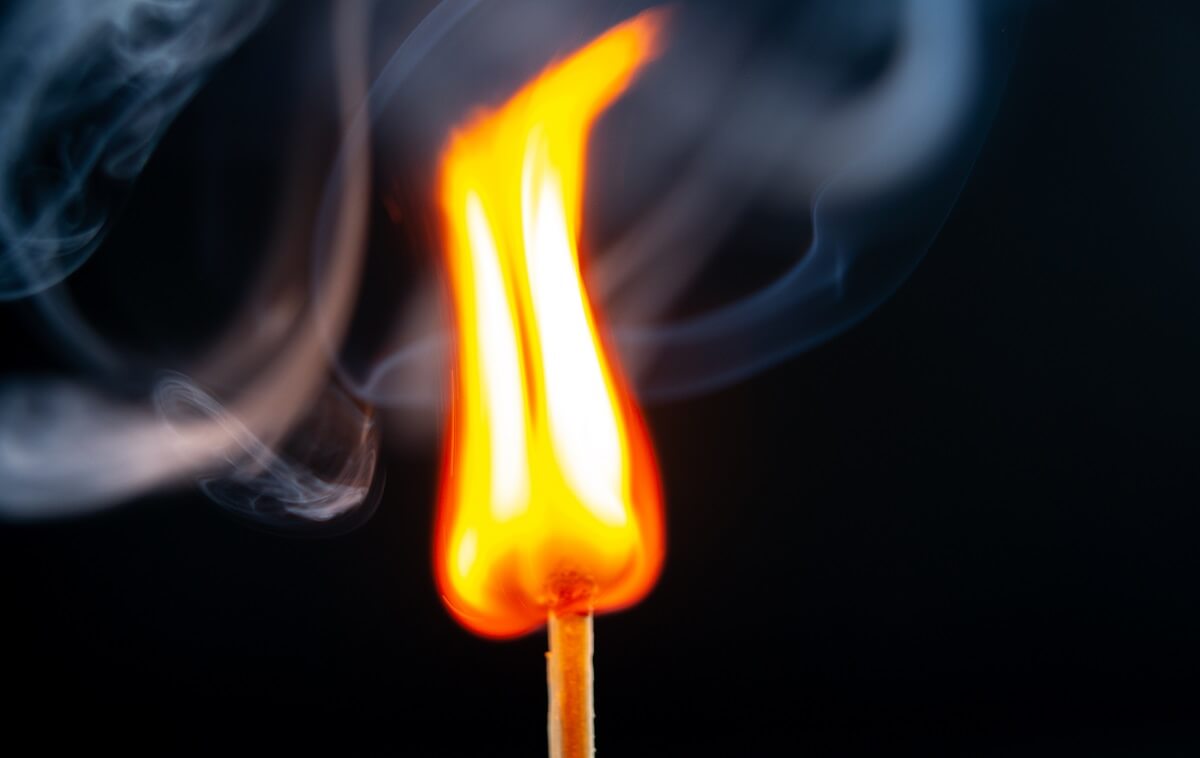
Acts that are Intentional, Purposeful, or Careless
A person must intentionally start a fire on a property or know that their actions will result in the property being burnt or destroyed to be charged with arson. A person’s actions must be irresponsible for accidental fires to be declared arson.
Proof of Intention
Although the intention is a requirement, the prosecution need not specify the defendant’s detailed thoughts at the time the fire was set or the property was burnt. The prosecution may prove someone’s intent through circumstantial evidence without an implausible confession. Imagine if their joint house caught fire the next day after a couple of splits, neatly destroying the cheater’s wardrobe and personal belongings. The prosecution would argue that the relationship between the fire and the separation and that only certain stuff was damaged strongly shows that the partner who was dumped burnt the other’s possessions purposefully as retaliation.
Being Reckless
In certain places, setting fire to property while carelessly behaving constitutes the crime of arson. When someone behaves recklessly, they know that their activities might cause a fire or property damage, yet they carry them out. A state may regard this crime as a lower degree of arson or a distinct offense (such as reckless burning).
Explosions
They are burning or exploding. Many jurisdictions cover explosions under arson statutes, and damage caused by force or debris (not necessarily by fire) may result in a conviction. Explosion-related property damage is a distinct offense in several jurisdictions.
Causing Harm to the Property
To be deemed guilty of arson, the prosecution typically has to prove that the defendant’s acts caused damage to another person’s property. However, the fire is not necessary to continue for a certain period, and the damage might be minor. For a conviction in certain places, lighting a fire to cause property damage is sufficient evidence of the crime.
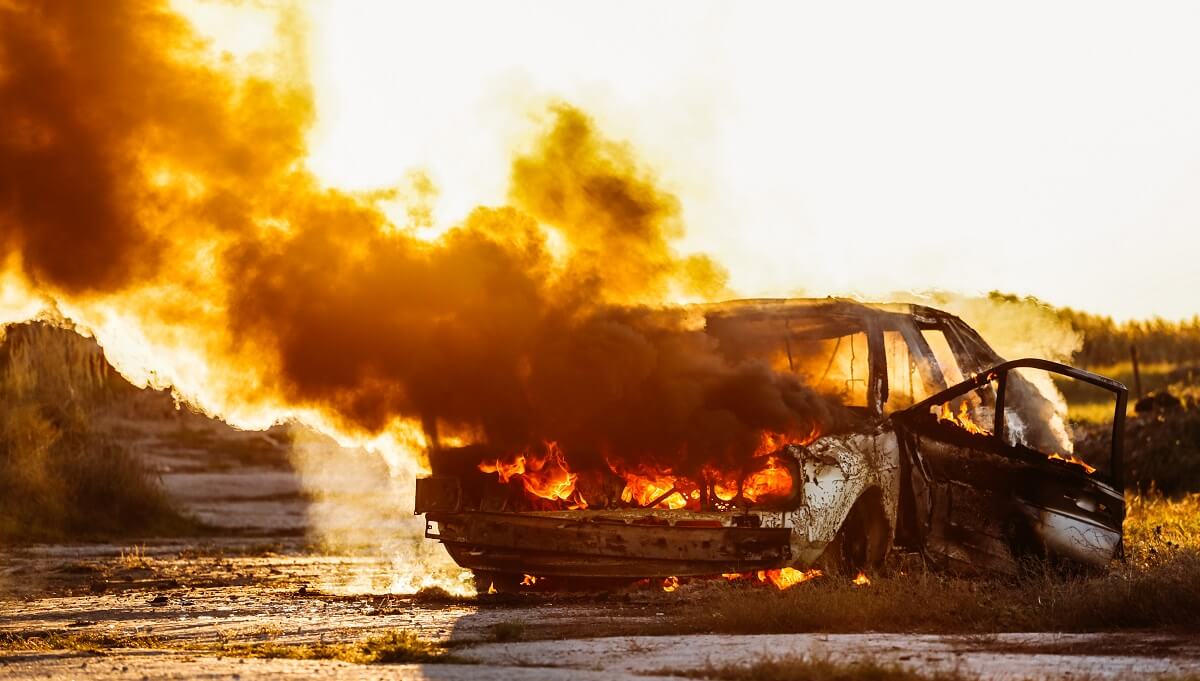
Setting Fire to Personal Property
Setting fire to one’s property may also be prosecuted as arson, even though most arson offenses involve property that belongs to other people. A person must have intentionally started the fire or caused damage to someone else’s property to be found guilty of arson. For instance, setting fire to a building with the intention of recouping losses under an insurance policy constitutes arson (and insurance fraud). A person might also be found guilty of arson if they purposefully set fire to their shed, which then spread to their neighbor’s yard and home.
Arms Against Arson
Common responses to arson accusations begin with “I didn’t do it. The fire did not start by me.” However, a defendant may undermine the prosecution’s case by contesting some of the crime’s essential components. For instance, the defendant may contend that the fire was accidentally ignited or that the property’s owner agreed to the fire (such as a prescribed burn). When defending against accusations, it may be necessary to demonstrate that the building wasn’t inhabited or wasn’t set on purpose to minimize the charges (here, the defense might argue for reduced charges for recklessly burning property or criminal mischief).
Arson Punishment
Most states categorize arson charges according to their seriousness; many of these acts are felonies. The kind of property, the defendant’s purpose, the degree of damage, and whether there was any physical injury will often all impact the sanctions. Judges often require defendants to pay penalties and restitution in arson trials in addition to probable jail or prison sentences. The property owner receives restitution payments from making up for losses brought on by the crime. Such directives could also include paying back a fire service for the costs incurred during the firefight.
Property Type
The sort of property used in the crime may often determine whether or not the offender faces severe criminal punishment.
Real Property
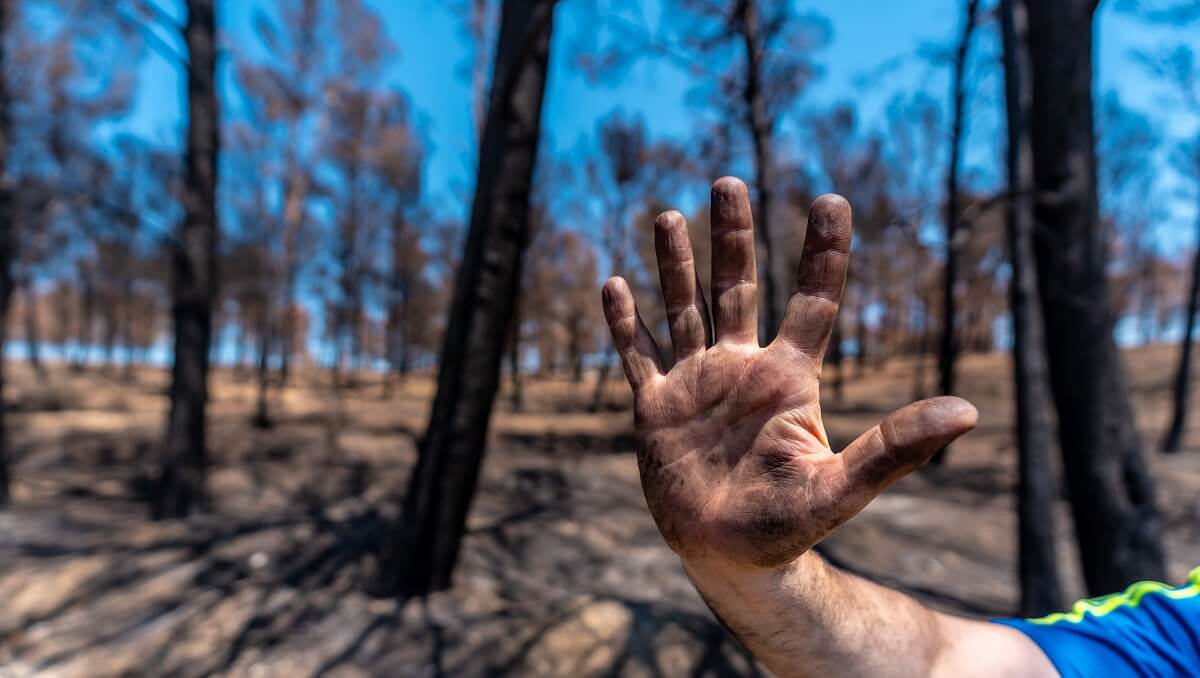
A house, residence, or inhabited structure being set on fire often results in severe criminal charges. As these activities pose the highest risk of endangering human life, a conviction for any of these charges might result in a jail term of up to 20 years. Severe criminal penalties may also occur from harm to a particular property, such as state forest land, a public structure, or a religious organization. However, lower felony penalties might apply if the arson affected an uninhabited structure or property.
Personal Property
Private property Penalties for damaging personal property, such as a vehicle or clothes, may range from misdemeanors to felonies. The cost of the damage often influences the severity of the infraction. Additionally, several jurisdictions have heavier penalties for putting a car on fire, mainly if the vehicle is close to an inhabited structure.
Plaintiff's Intent
Sentences for felonies involving deliberate arson may range from one to twenty years or more. In addition, several jurisdictions impose severe penalties when a criminal employs an accelerant in the crime or targets a property based on the owner’s beliefs, race, ethnicity, or other protected status.
Depending on how careless the defendant’s actions were or what they caused in the end, they may face felony charges or a misdemeanor. For instance, carelessly setting fire to a structure where many people may be harmed, such as a school or apartment complex, would probably result in felony charges. On the other hand, reckless behavior that doesn’t endanger human life may result in misdemeanor punishments of up to a year in prison. Arson Criminal Defense Attorney
Size of the Damage
A state may also categorize certain arson charges according to the magnitude of the damage. For instance, misdemeanor charges may come from damage to property worth less than $500, but damage to property worth $100,000 or more may result in 10 years or more in jail. In addition, some states apply harsher punishments for wildfire arson depending on how many structures or residences were burned or damaged by the fire.
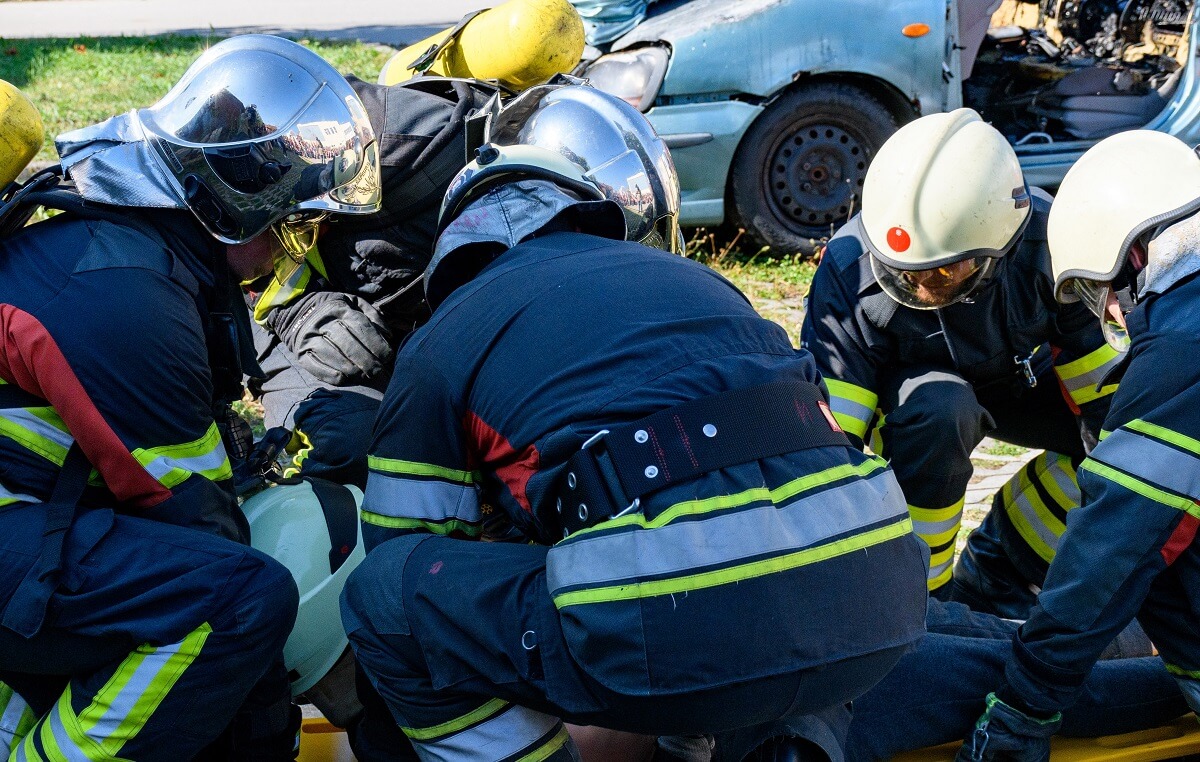
Body Damage
A felony conviction for arson that causes physical injury to another person is relatively standard. The level of the victim’s injuries or the number of victims usually determines how severe the sanctions are. If a first responder—such as a firefighter—is hurt while addressing the arson, the state may further impose criminal punishments.
Frequently Asked Questions:
What is the Punishment for Arson?
Arsonists who cause harm must serve a minimum of six years in jail and a maximum of twenty years in prison while working very hard, and they must also pay a fine of no more than $25,000, without parole, probation, or sentence reduction throughout the first two years of such a hard labor jail term.
What are the Rules of Arson?
A defendant must have damaged a home with a fire to be found guilty of arson. However, the flames must have burned a portion of the house. Therefore, the damage need not be severe or widespread.
Scorching or discoloration brought on by heat or smoke is insufficient to prove arson.
How Hard is it to Prove Arson?
David E. Stanley, APLC Will Fight for Your Rights
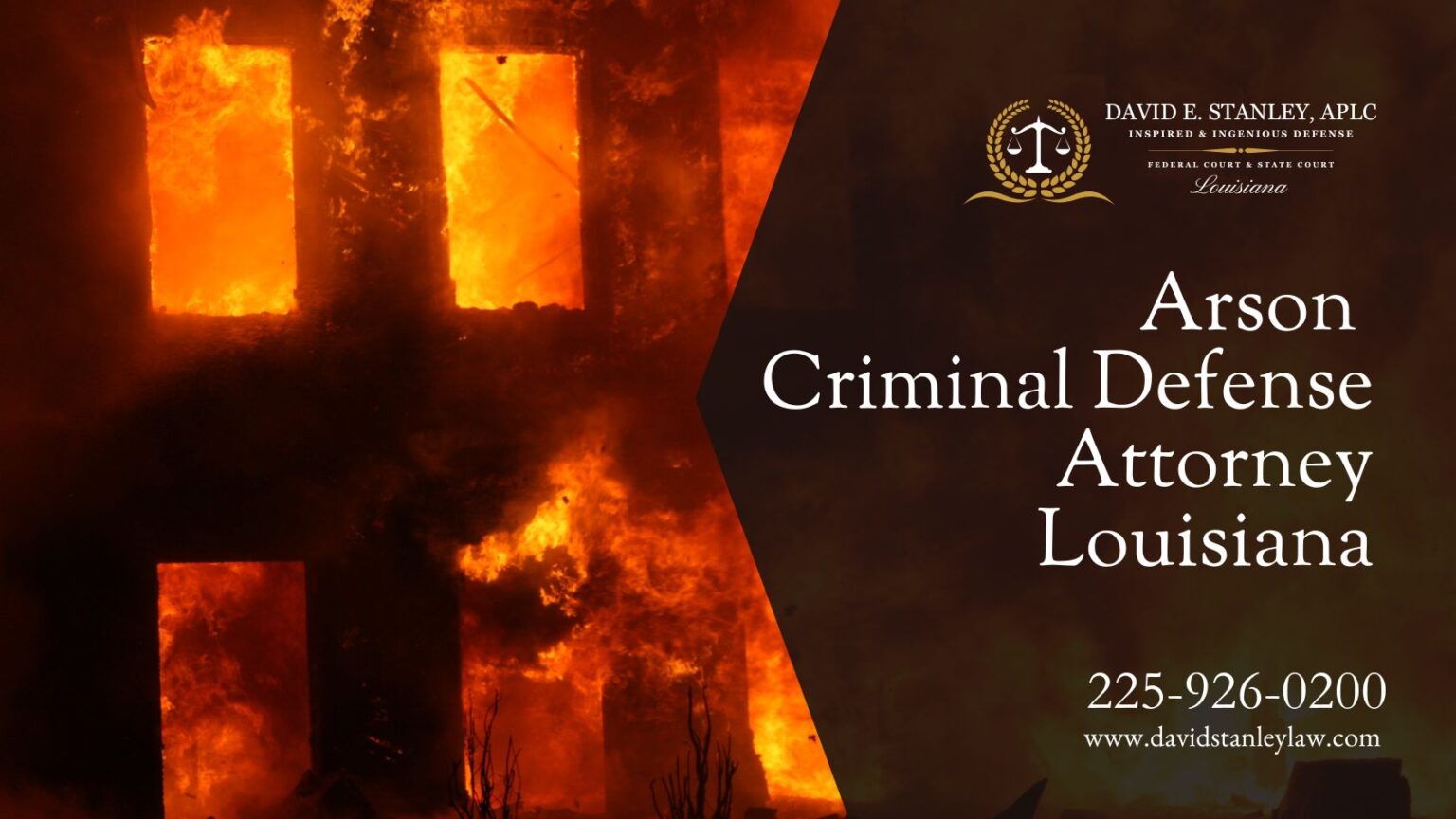
When considering lawyers, be wary if they promise results that are not expressly provided for by the law. At the David E. Stanley, APLC, we can assure you that we will carefully guide you through every stage of the criminal justice process. We act quickly and proactively to carry out the agreed defense strategy and see through your case by keeping in touch and informing you of developments even after your case is over. If you still have concerns, we advise completing the form below, and one of our lawyers will contact you when it’s most convenient for you.
Looking for Arson Criminal Defense Attorney? David Stanley, APLC is a seasoned and trusted federal criminal defense attorney who can help and guide you through your legal battle. We serve the following areas:
Criminal Defense Attorney Ascension Parish, LA
Criminal Defense Attorney Baker, LA
Criminal Defense Attorney Baton Rouge, LA
Criminal Defense Attorney Central City, LA
Criminal Defense Attorney East Baton Rouge Parish, LA
Criminal Defense Attorney East Feliciana Parish, LA
Criminal Defense Attorney Greenwell Springs, LA
Criminal Defense Attorney Iberville Parish, LA
Criminal Defense Attorney Lafayette Parish, LA
Criminal Defense Attorney Livingston Parish, LA
Criminal Defense Attorney Pointe Coupee Parish, LA
Criminal Defense Attorney Pride, LA
Criminal Defense Attorney St. Tammany Parish, LA
Criminal Defense Attorney Tangipahoa Parish, LA
Criminal Defense Attorney West Baton Rouge, LA
Criminal Defense Attorney West Feliciana Parish, LA
Criminal Defense Attorney Zachary, LA
Need a Criminal Lawyer?
Contact David E. Stanley, APLC
Now for an Appointment
Call (225) 926-0200
David E. Stanley, APLC
1055 Laurel St #2, Baton Rouge, LA 70802, United States
225-926-0200


